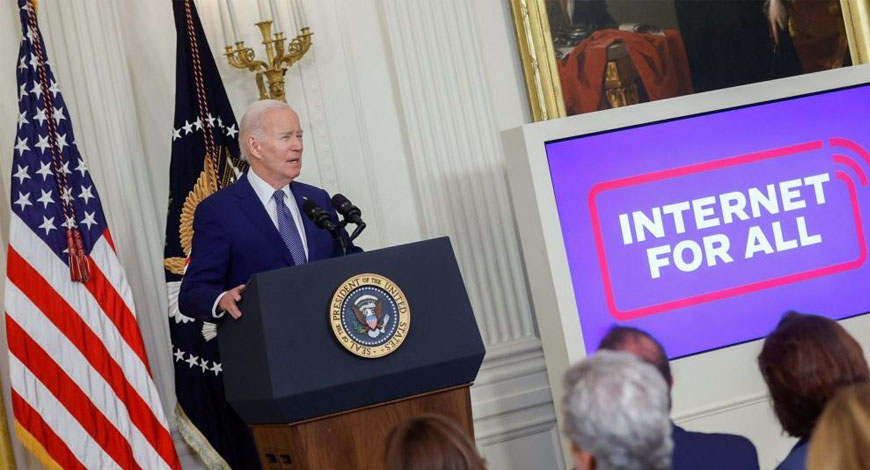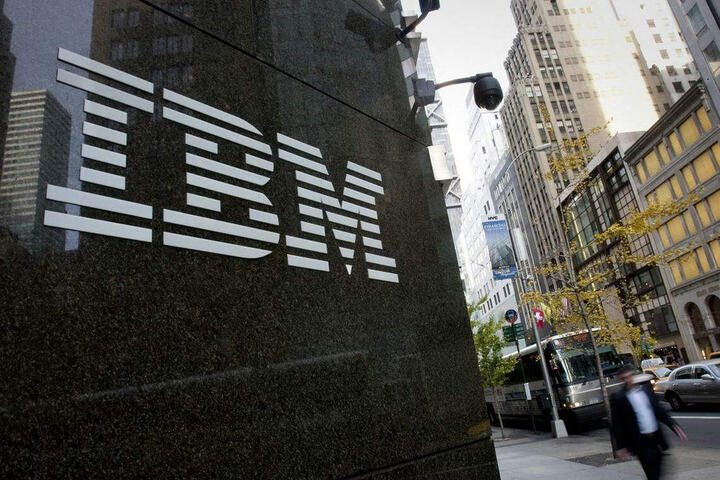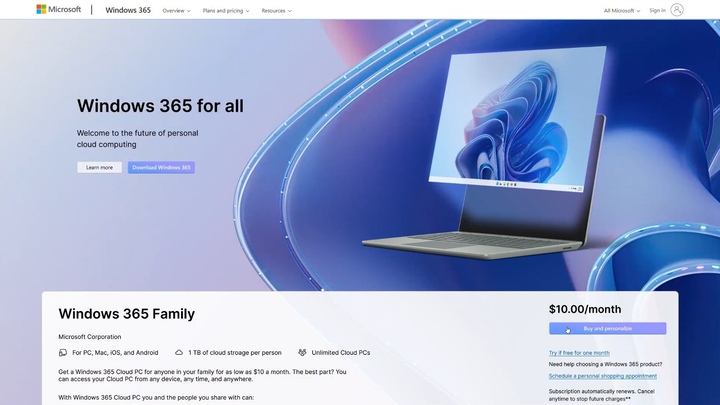US to spend $42 billion to make internet access universal by 2030
To ensure that everyone has the opportunity to use high-speed broadband by 2030, the White House allocated a total of $42 billion to the fifty states including U.S. territories as part of the latest advertising initiative for economic strategies of President Joe Biden.
The $1 trillion 2021 infrastructure package that Biden supported authorized the funds for BEAD (the Broadband Equity Access and Deployment) Programme. The expenditure will be determined by the recently revealed coverage map of the Federal Communications Commission, which shows where there are connectivity problems.

The two most populated states in the United States, Texas, and California, are at the top of the financing list with the amount of 3.1 billion USD and 1.9 billion USD out of the $42 billion, respectively.
However, since there’s a shortage of broadband connection, other, fewer-populated states including Alabama, Louisiana, and Virginia made the top ten list for financing. Vast rural regions in those states have less access to internet access compared to the big cities.
“It’s the biggest investment in high-speed internet ever. Because for today’s economy to work for everyone, internet access is just as important as electricity, or water, or other basic services,” Biden said in a White House address on Monday.
Source: usnews.com
Every single state receives at least 107 million USD, with rewards ranging from 27 million USD up to 3.3 billion USD for Texas and territories of the United States such as the U.S. Virgin Islands.
Also Read: Nasdaq to sell debt worth $5 bln to fund Adenza deal
As his 2024 reelection campaign gets underway, Biden’s statement marks the beginning of the following part of his trip showing how laws established while his Democratic Party dominated Congress would affect Americans every day.
Biden is also scheduled to deliver what officials in the White House regarded as a significant economic address on Wednesday in Chicago, outlining the so-called “Bidenomics,” stated in a document sent on Monday to Democrats in Congress and other friends by senior advisors Anita Dunn as well as Mike Donilon.
Part of the 2024 election will be viewed as a vote on how Biden handled the country’s financial situation. Good Things include the creation of jobs and fewer unemployed people, but negatives include rising prices and the ripple effects of increasing interest rates, which have increased concerns about an economic downturn.
As per a Reuters survey done a few weeks ago, 35 percent of the people polled agreed with how Biden is managing the economy, whereas 54 percent of Americans disagree with the way he is doing his job. In the midterm elections of 2022, Dems lost their majority in the House of Representatives.
According to the management, there are currently 8.5 million places in the United States without access to internet connections.

I am a student pursuing my bachelor’s in information technology. I have a interest in writing so, I am working a freelance content writer because I enjoy writing. I also write poetries. I believe in the quote by anne frank “paper has more patience than person





